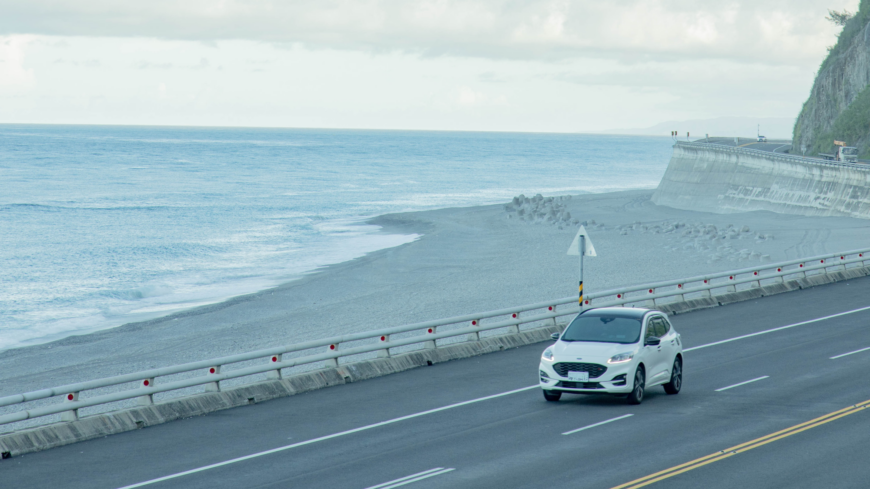One of the many perks of living in a Northern California town is quick access to the West Coast’s beautiful beaches. While Santa Clara residents are located about 45 minutes from the ocean’s edge, they’re still close enough to take advantage of the sun-kissed beaches and blue waves.
Though you may love the beach, your vehicle probably feels differently. That salty ocean air and beach sand can take a toll on your car’s exterior. But to what extent?
Luckily, the experts at Alphawerks are happy to explain everything you need to know. Keep reading to learn exactly how the ocean impacts your ride.
Why Does the Ocean Affect Your Vehicle?
The ocean has a lot of unique environmental factors that other areas of California don’t experience. Living in or close to coastal locations might accelerate corrosion, rust, and other damage to your vehicle.
But why? Well, all of that sand, salt, and sun is a deadly combination for your car’s finish. That’s because the heat from the sun expands the pores in the paint. This increases the paint’s absorption of salty moisture, turbocharging the corrosion process. Cars that already have serious paint damage are especially vulnerable.
Additionally, other components of your car can suffer corrosion as the result of its close proximity to the ocean. These include your nuts, bolts, and brake calipers. If these parts wear out, it can increase your risk of an accident while behind the wheel. As such, it’s important to routinely inspect these components if you live by the water.
Living near the ocean can also cause salt and rust damage to your car’s surface areas.
Salt Damage
Salt is a car’s worst enemy. If you live within 10 miles of the beach, your car is at high risk of salt damage. It’s a smart idea to stay one step ahead of any potential salt damage before it leads to bigger—and more expensive—repairs.
Get into the habit of checking your car for any signs of corrosion once a week. Closely inspect the hood and trunk. These areas take the brunt of the salt damage since they’re horizontal. Water also tends to linger there instead of spilling off. If you notice rust or corrosion on your trunk or hood, be sure to check your doors and side panels too.
Salt can also damage the interior of your car. If you took a dip in the ocean, be sure to fully dry and change out of your bathing suit before you get in your car.
Rust Damage
Your car can also suffer from rust damage due to the salt. Rust can occur both on the inside and outside of your vehicle. As we mentioned before, regularly inspect your car for signs of rust damage. If you notice anything unusual, such as strange sounds or a reduction in performance, book an appointment with a trusted auto repair shop right away.
Additional Damages
Living by the ocean can affect your car in other ways. These include:
Damage to the finish from sand, rain, pollutants, and bugs
Prolonged exposure to UV rays can cause your car’s paint to fade
It’s important to take preventive measures to mitigate as much damage as possible.
What You Can Do to Protect Your Car
So, what can you do to protect your car from rust and corrosion caused by the ocean?
Some tips to try include:
Keeping your car covered or parked in a garage while not in use
Wash and wax your car regularly
Avoid driving on the sand or through salty ocean water
Consider installing paint protection film (PPF)
Alphawerks Will Protect Your Car from Ocean Damage
If you live by the ocean and want to efficiently protect your car, call our paint protection film specialists today. We’ll install an invisible layer of protection on your car’s surface to protect it from salt, sand, and other contaminants.
To learn more, contact us today by calling (669) 301-8119.
- Understanding the Cost Benefit of Full Car vs Partial Paint Protection Film: Is It Worth It? - April 29, 2024
- What is Windshield Protection and How Does It Work? - April 25, 2024
- Professional Window Tint vs DIY: Making the Right Choice for Your Car - April 23, 2024


